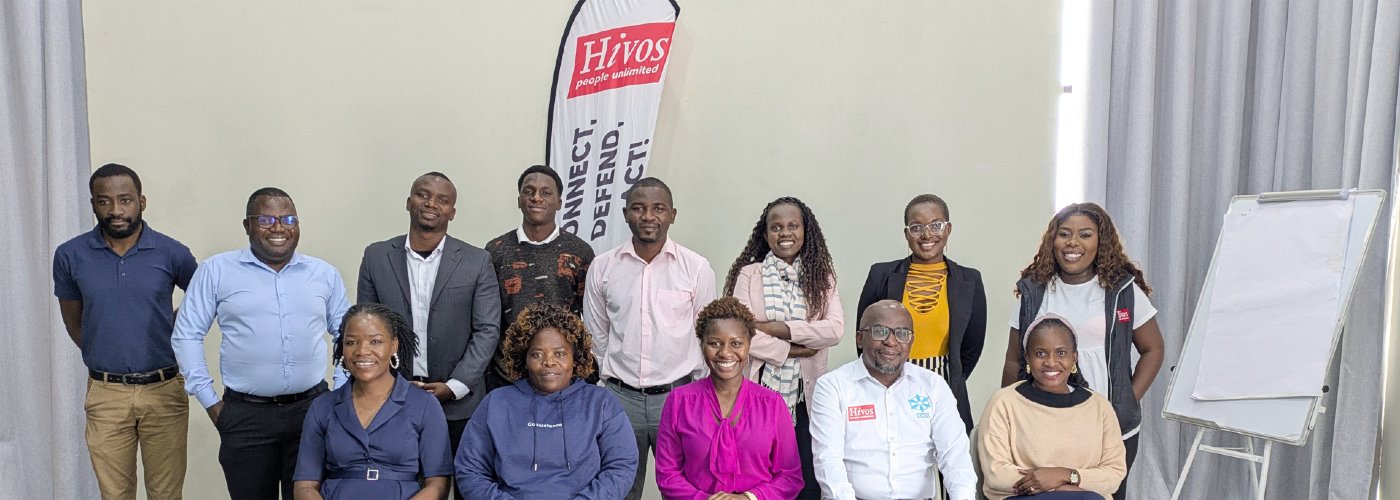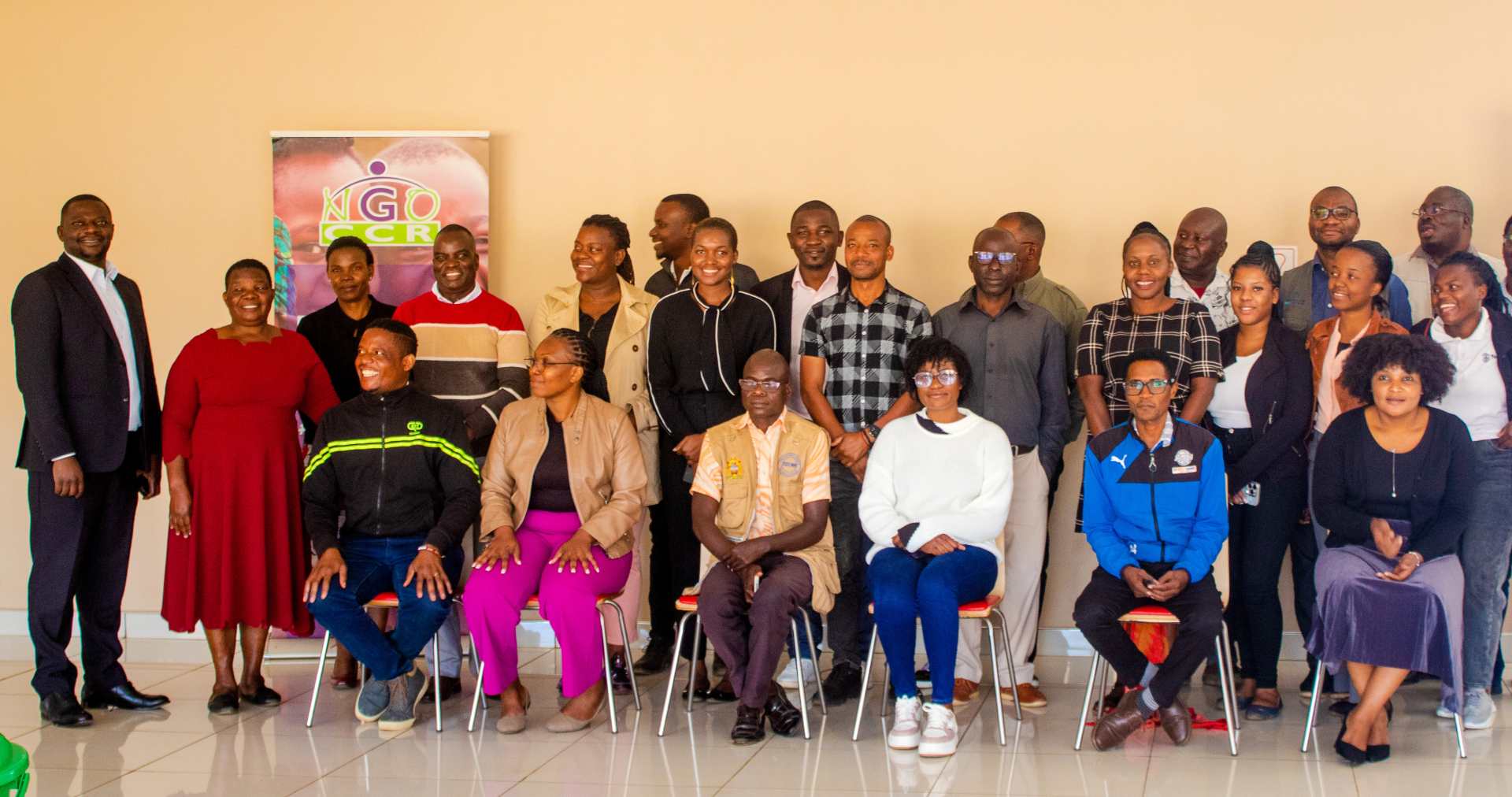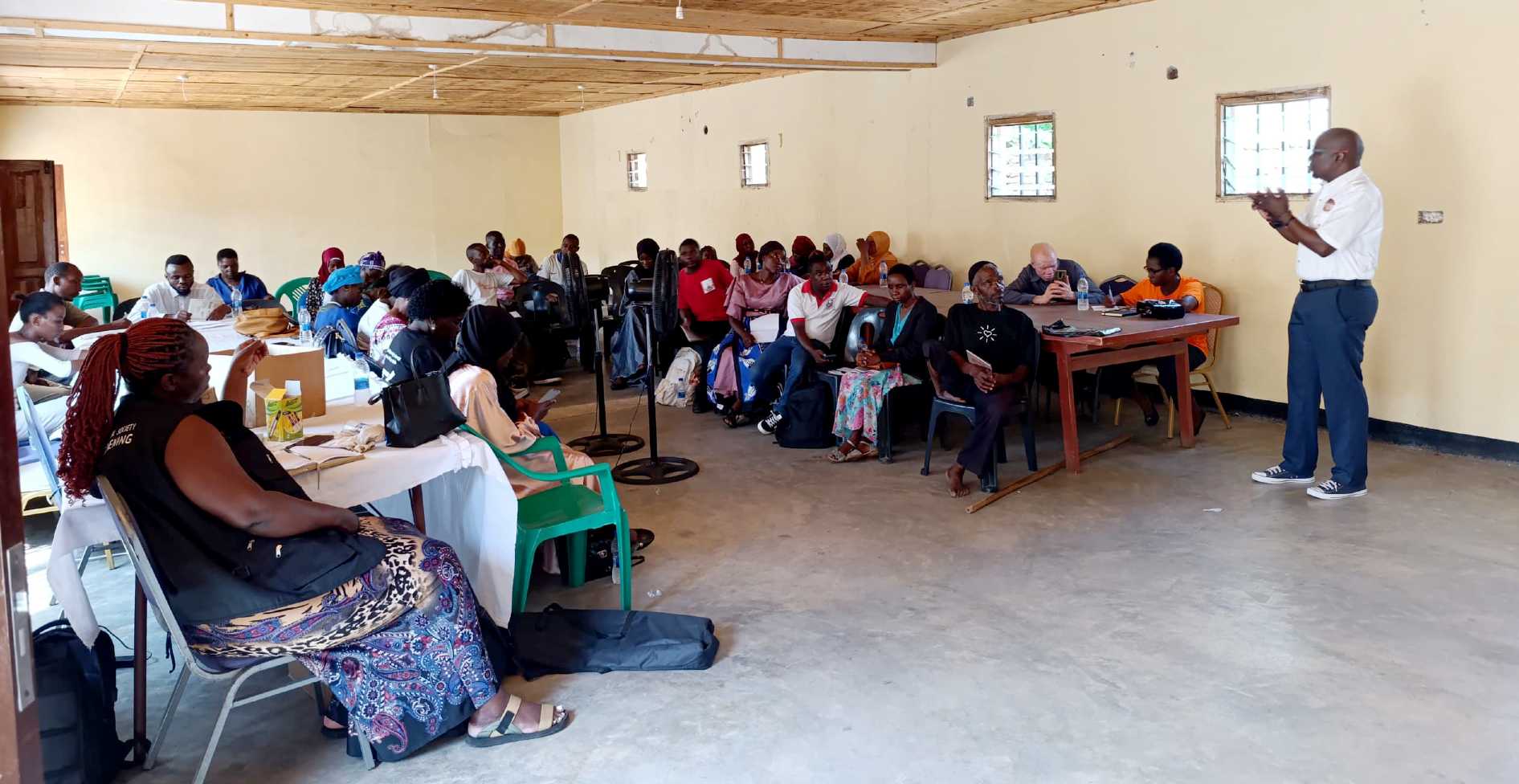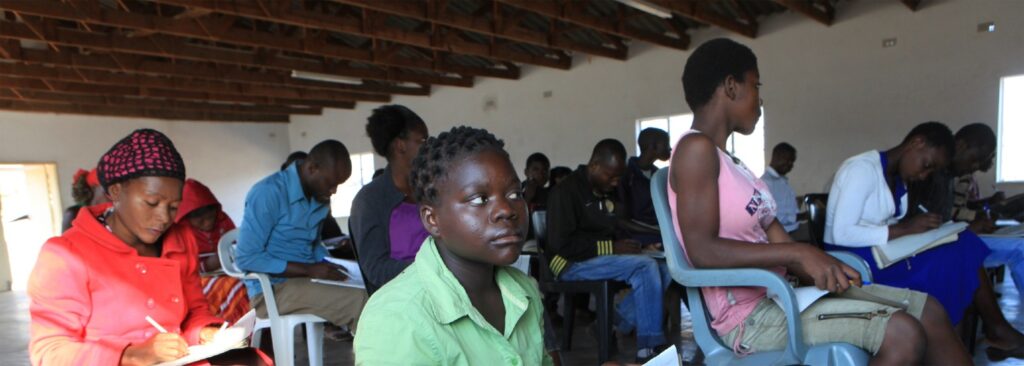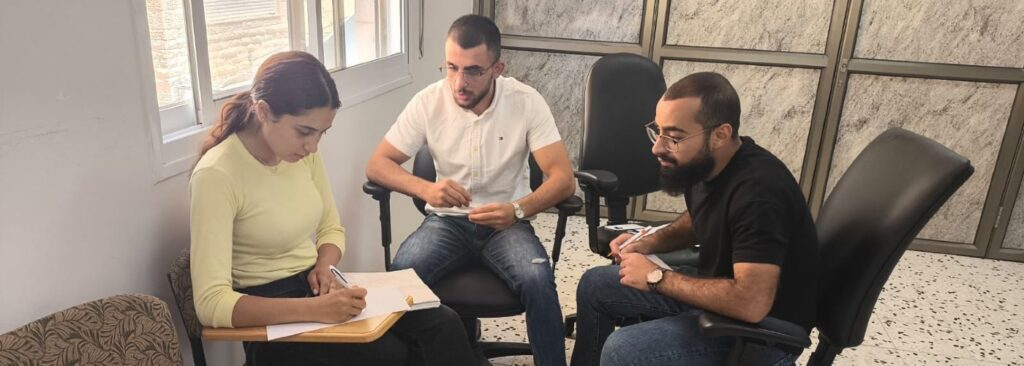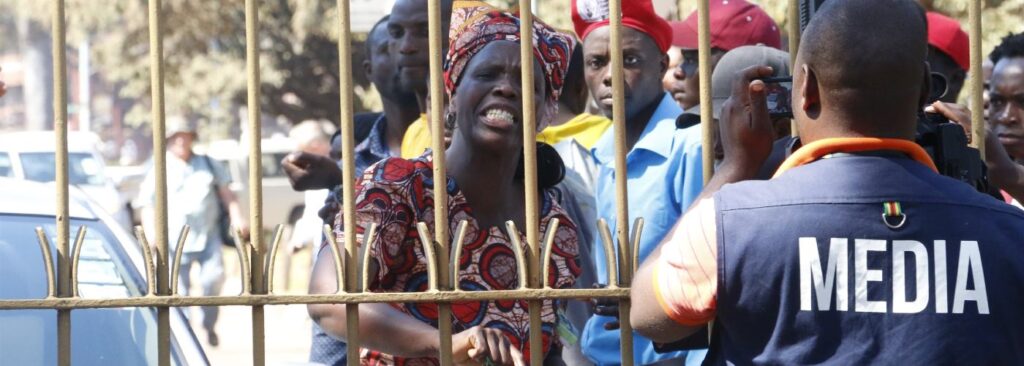This September, the lead up to Malawi’s general elections has seen alliances fracturing before they even reach the polls, divisive political choices, and an electorate plagued by a persistent case of voter apathy. For organizations working directly with the public, and those who seek to defend and protect citizen’s rights, there have been many opportunities to increase capacity, visibility, and impact.
One of them is Hivos. Our multi-country initiative Connect, Defend, Act! works to help civil society defend and expand civic space. By strengthening human rights defenders, youth-led initiatives, women’s groups, and other marginalized constituencies, the program seeks to safeguard freedoms of expression, association, and assembly in Malawi’s increasingly constrained civic space.
The program is being rolled out through grants. In Malawi it awarded the Civic Space Monitoring Grant to the NGO Coalition on Child Rights and the Centre for Civil Society Strengthening. This grant supports local actors in systematically documenting restrictions, amplifying community voices, and promoting inclusive participation in governance.
Civic space and children
Civic space in Malawi is shrinking, with restrictive laws like the NGO Amendment Act (2022), denial of access to information, and increased digital surveillance all creating obstacles for civil society. For children, as well as women, youth, and persons with disabilities, these barriers are quite severe. Many civil society organizations also face financial strain, harassment, and co-optation of their leaders, which erodes trust and weakens advocacy.
This explains the choice of the NGO Coalition on Child Rights (NGO CCR) as a partner. It is a national coalition of NGOs and networks working to embed child rights in Malawi’s development processes. Its vision is a society where the rights of children are promoted, respected, and fulfilled. This vision is anchored in the principles of non-discrimination, survival and development, participation, and acting in the child’s best interest.
With the Civic Space Monitoring Grant, NGO CCR will focus on documenting and analyzing restrictions at national, district, and community levels. Their approach combines rights-based, participatory, gender-transformative, and child-led methodologies, ensuring children and vulnerable groups themselves shape the findings and recommendations. As a member of the program’s team explains, “This work is about giving the most vulnerable a platform to be heard and a process to participate in shaping civic space policies that affect their daily lives.”
Expanding civic freedoms from the ground up
The second recipient of the program’s Civic Space Monitoring Grant is the Centre for Civil Society Strengthening (CCSS), a Malawian NGO dedicated to community development, good governance, gender equality, and grassroots leadership. It places particular emphasis on amplifying the voices of women and youth in civic and political processes.
Civic space in districts like Mangochi and Nkhotakota remains fragile. Women and youth face political intimidation, harmful cultural norms, and lack of access to decision-making platforms. Human rights defenders (HRDs) often do not identify themselves as defenders, and many lack the legal literacy, digital safety skills, and advocacy tools needed to engage effectively.
Through the Civic Space Monitoring Grant, CCSS is taking a multi-layered approach that includes:
- monitoring and documenting legal, political, and digital restrictions
- strengthening HRD networks in Mangochi and Nkhotakota through formalized structures and regular review mechanisms
- capacity-building training on digital safety, civic rights, and campaign planning
- community dialogues and storytelling events to build public awareness and solidarity
- resilience mechanisms such as peer support circles and psychosocial services for HRDs facing threats.
Strengthening civic space together
Both NGO CCR and CCSS bring unique strengths to this partnership. One is rooted in child rights and coalition-building, and the other in community development and grassroots empowerment. Together, they will document violations, advocate for reforms, and create safer environments for civic actors.
For Hivos, this approach reflects our belief that those most affected by shrinking civic space must be the ones driving solutions. By supporting these partners, the Connect, Defend, Act! program ensures that the voices of children, women, youth, and marginalized groups are placed at the center of efforts to protect and expand Malawi’s civic freedoms.

